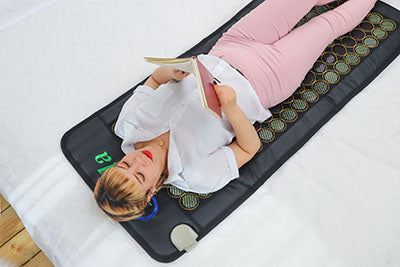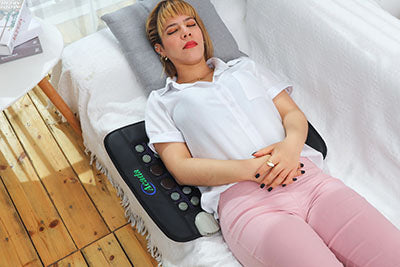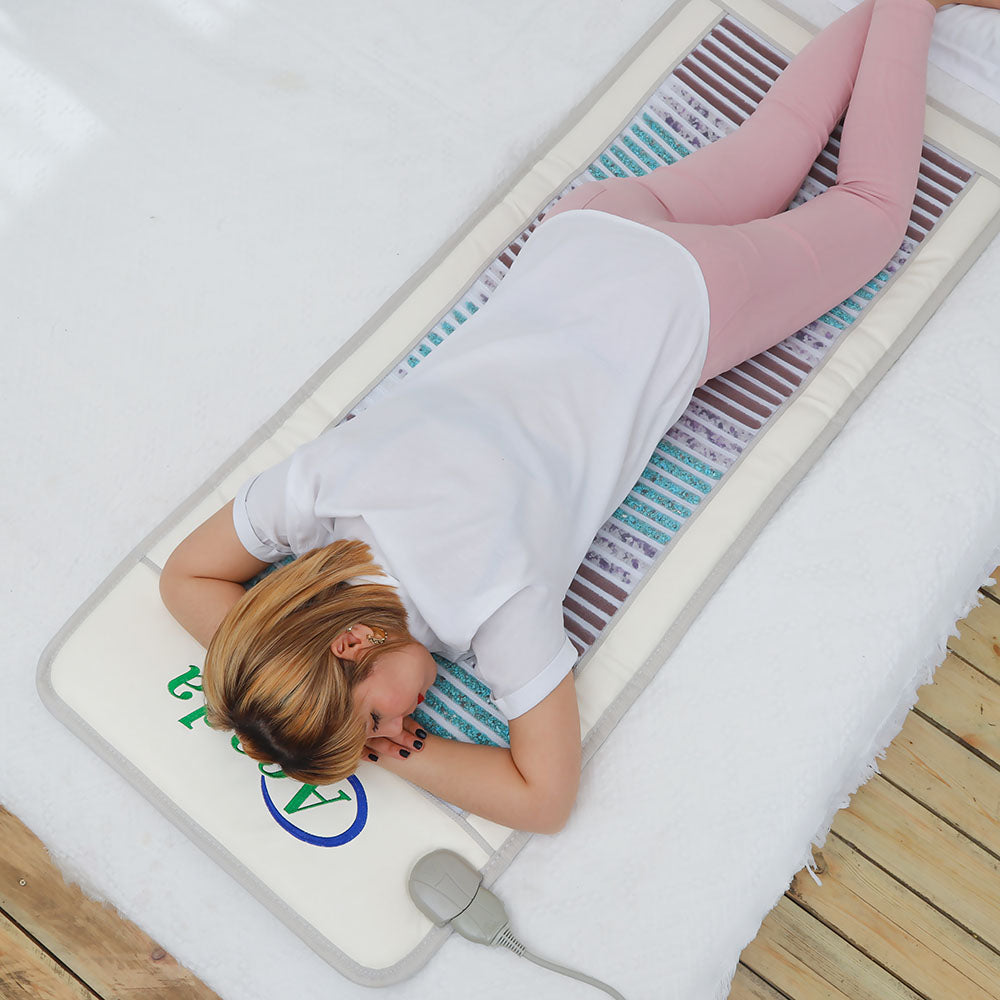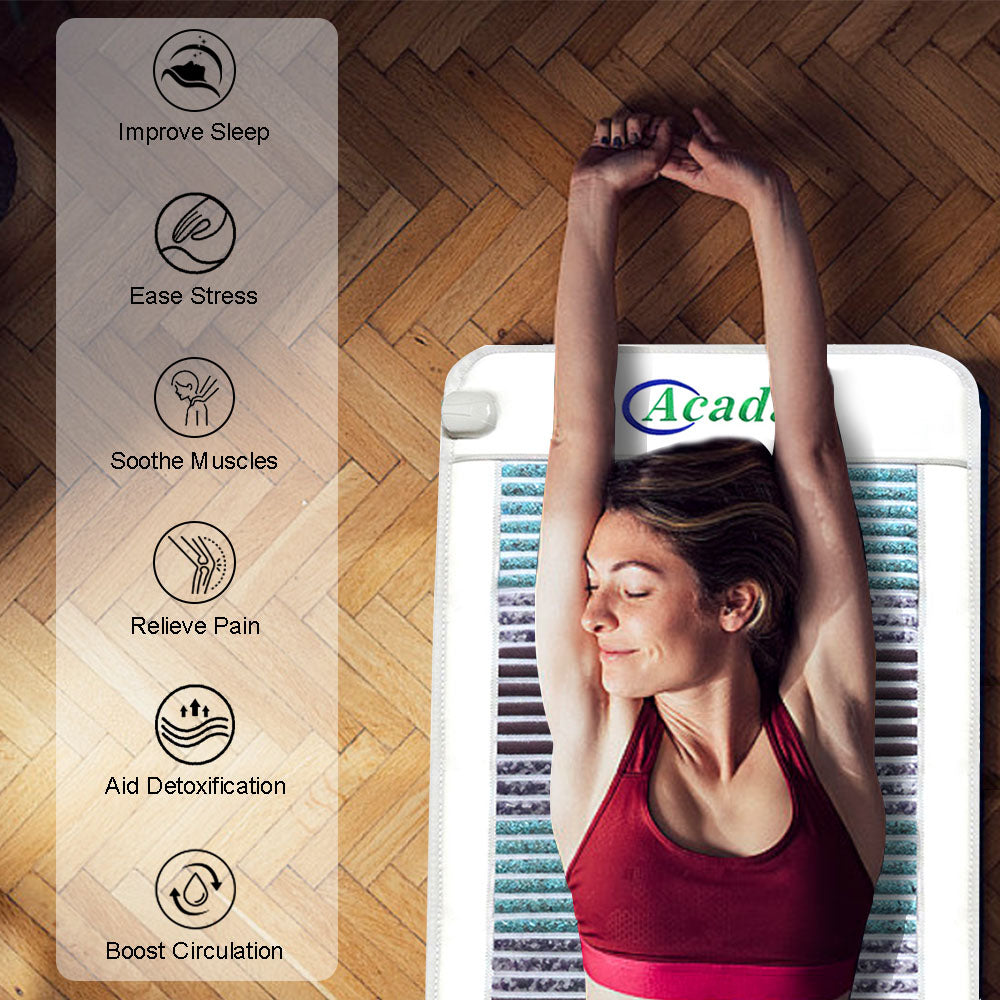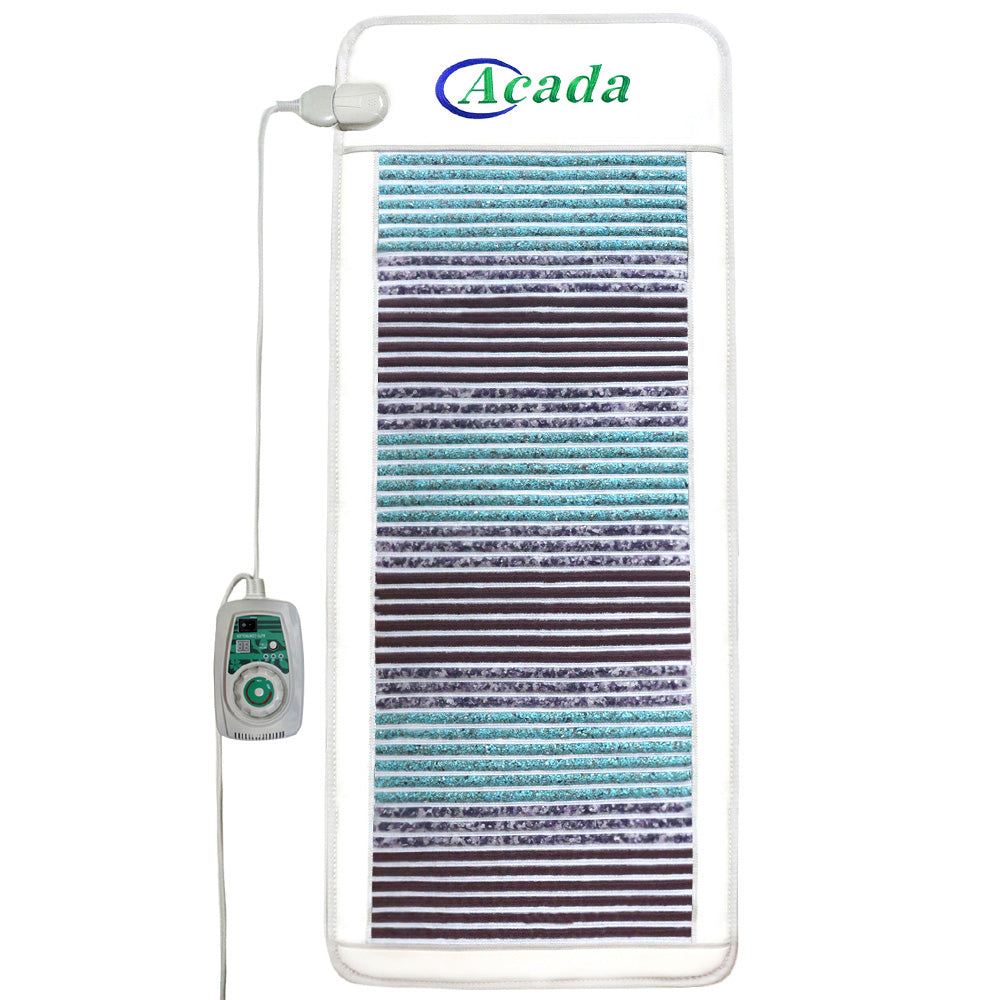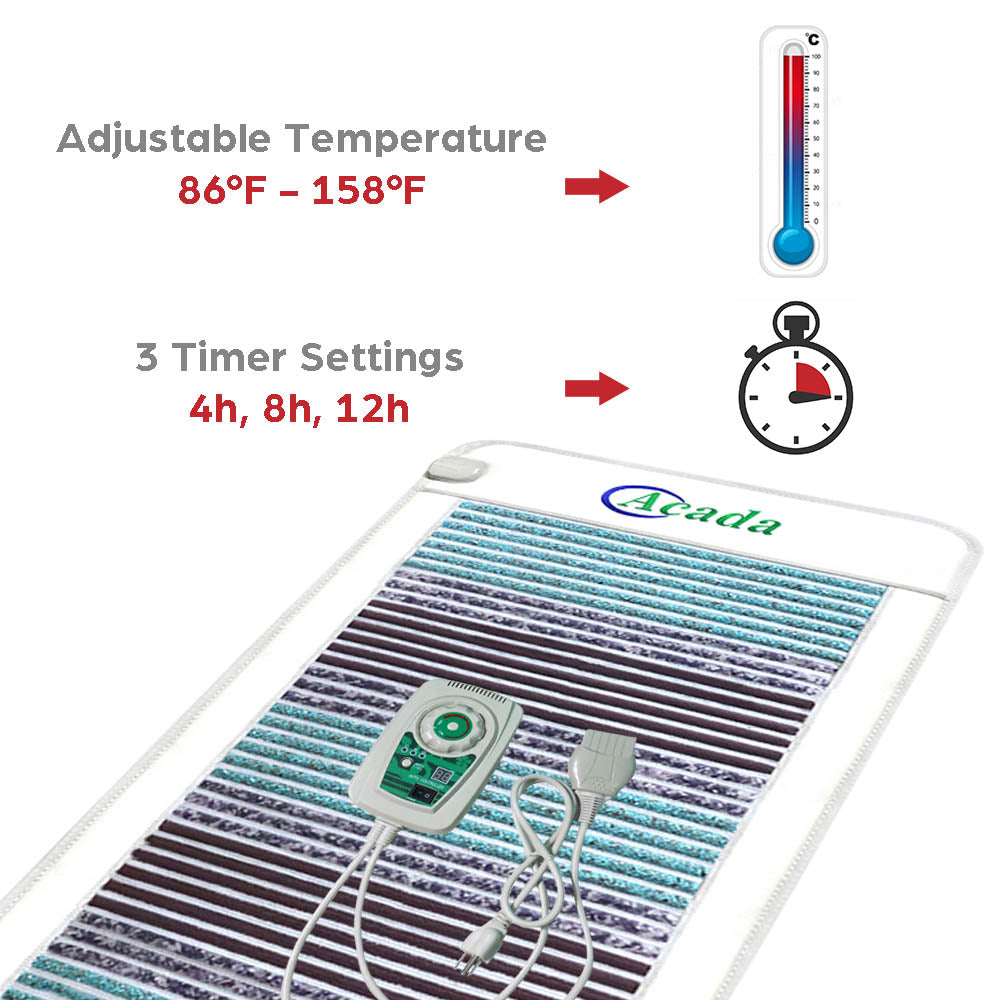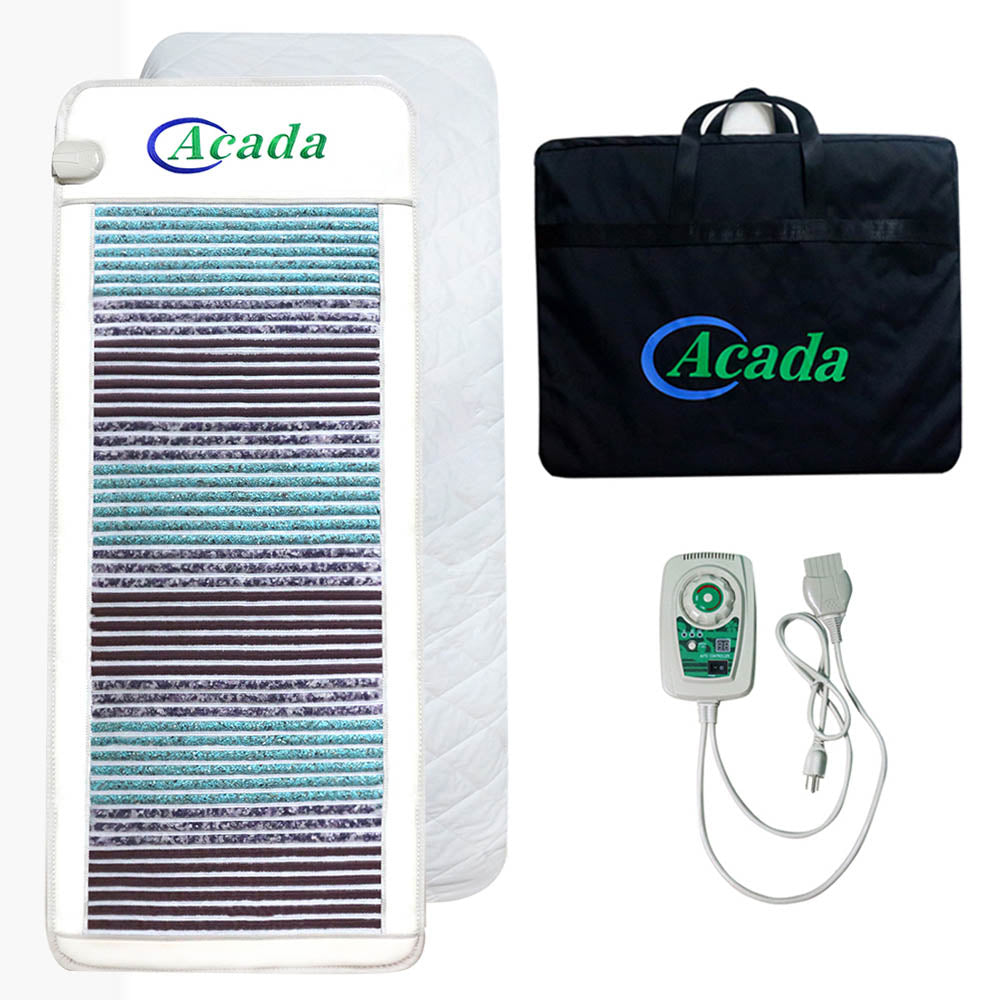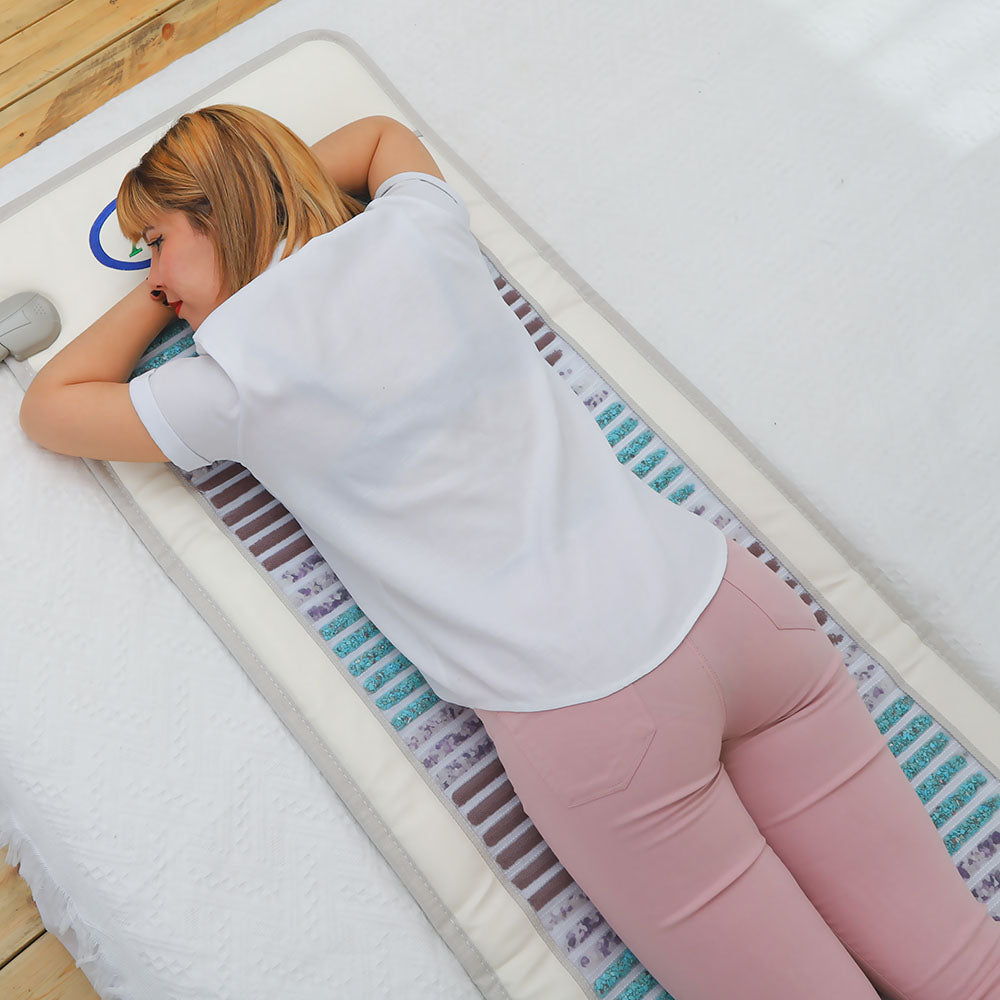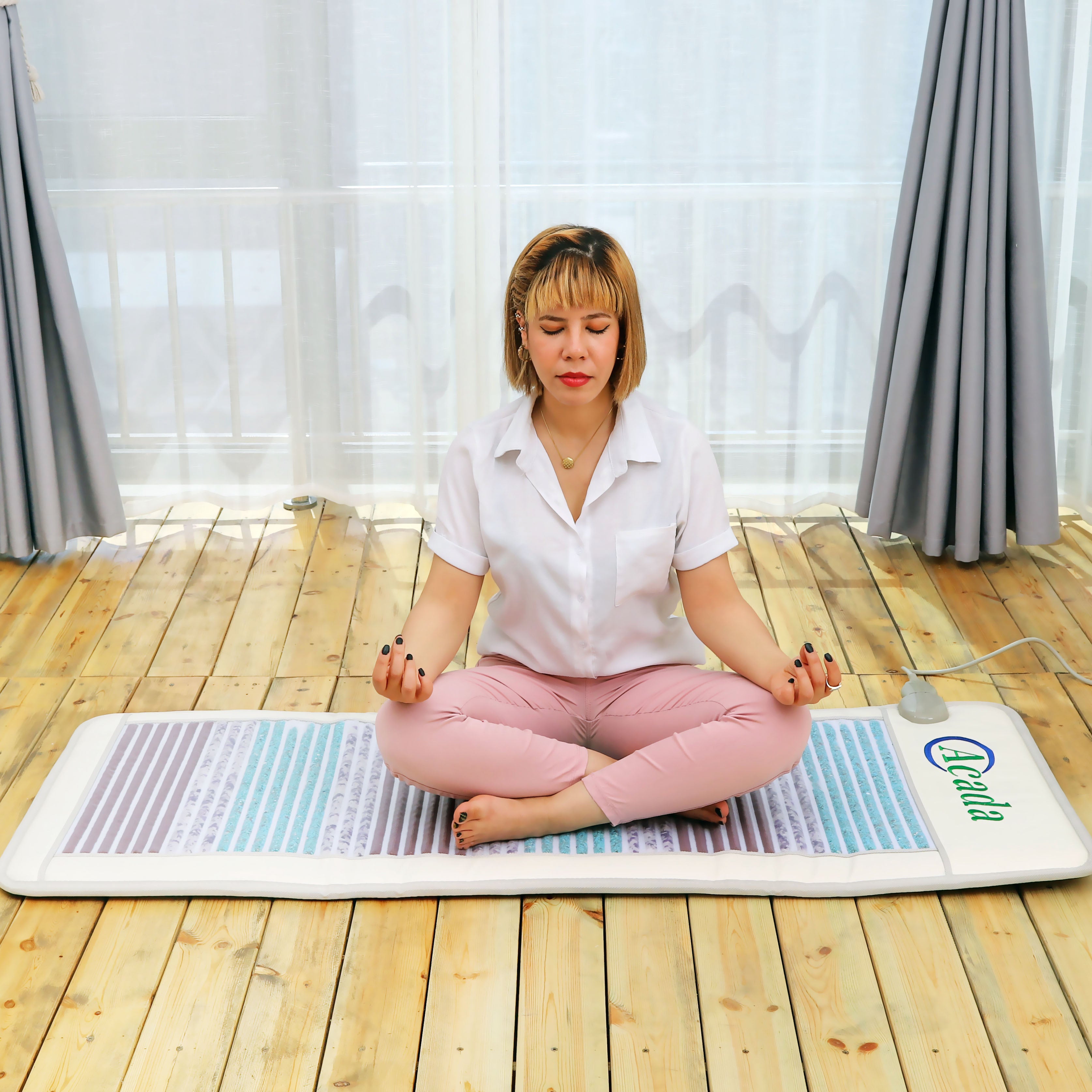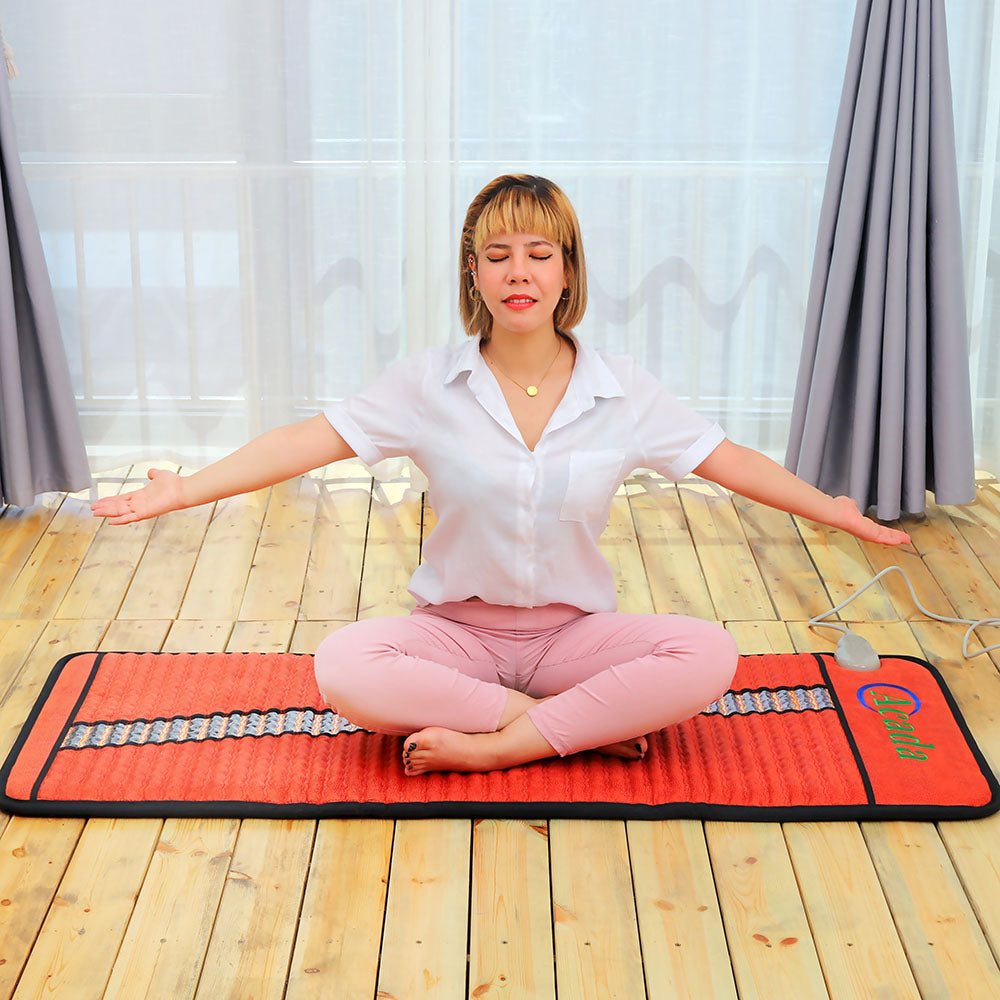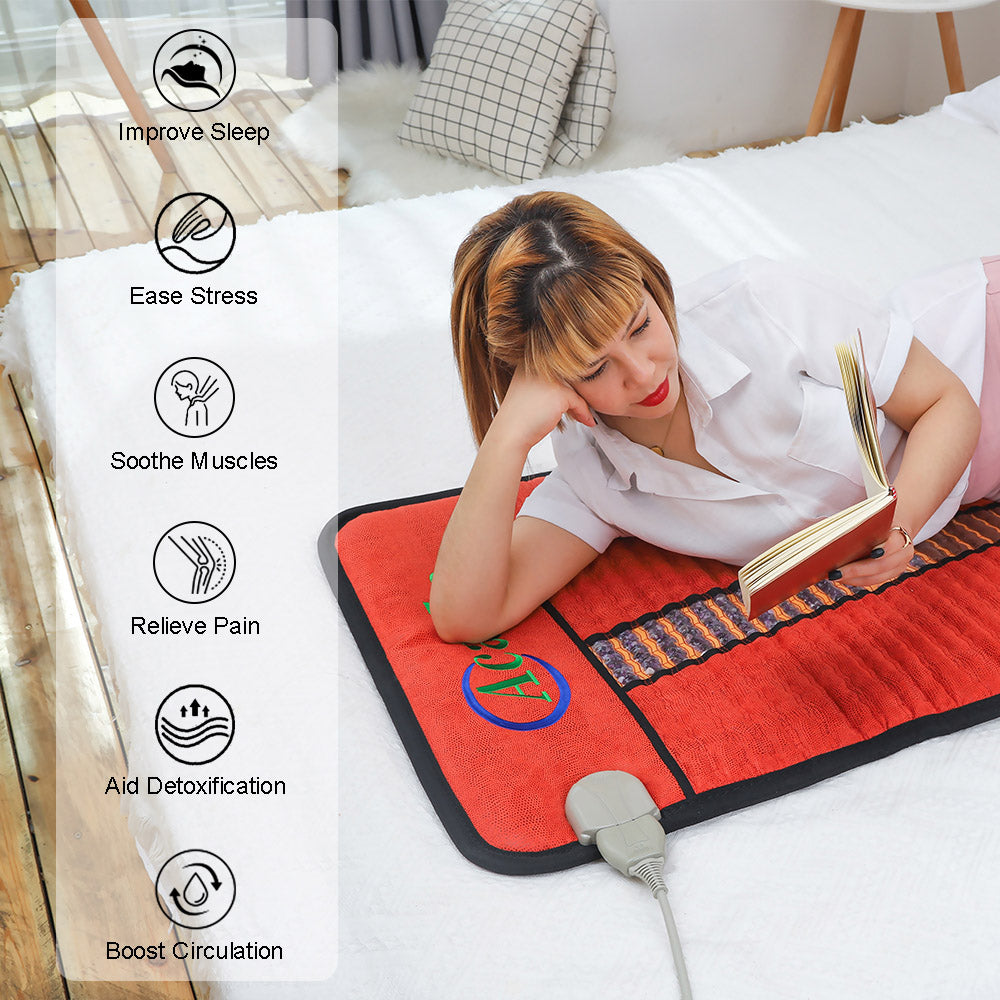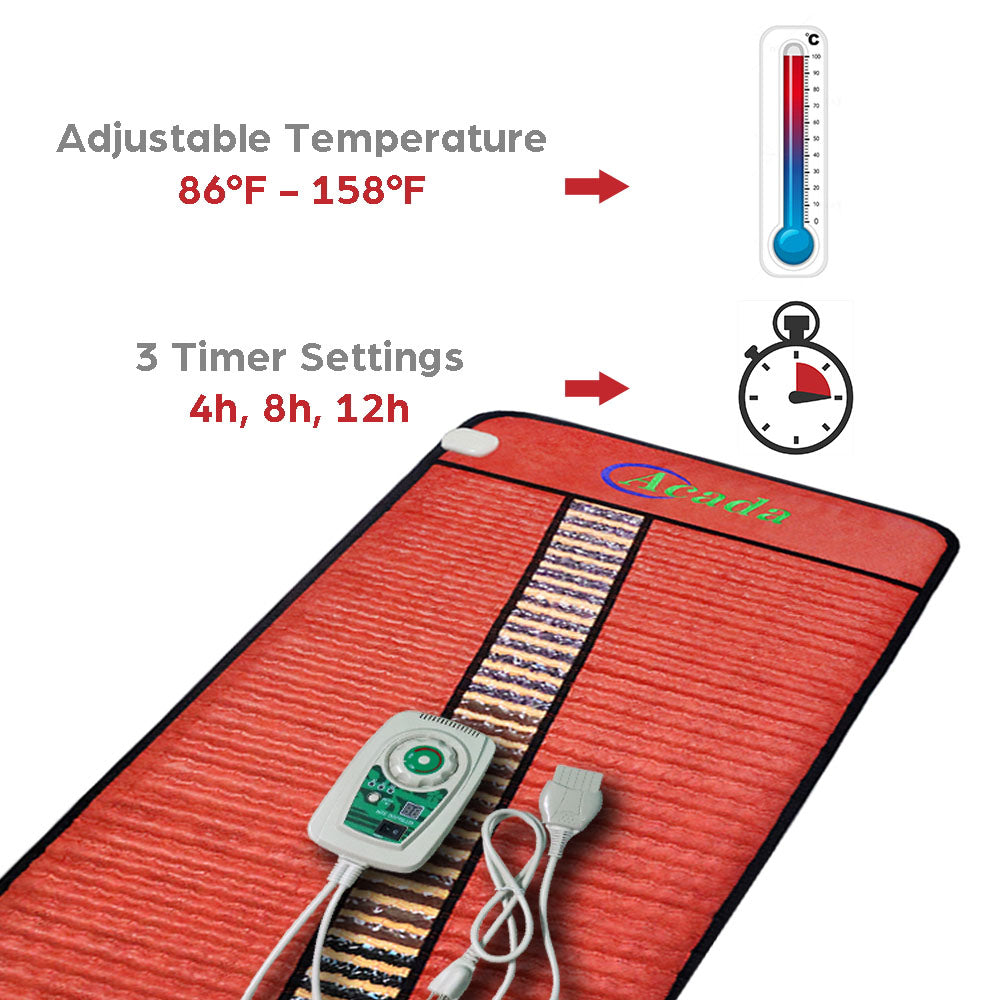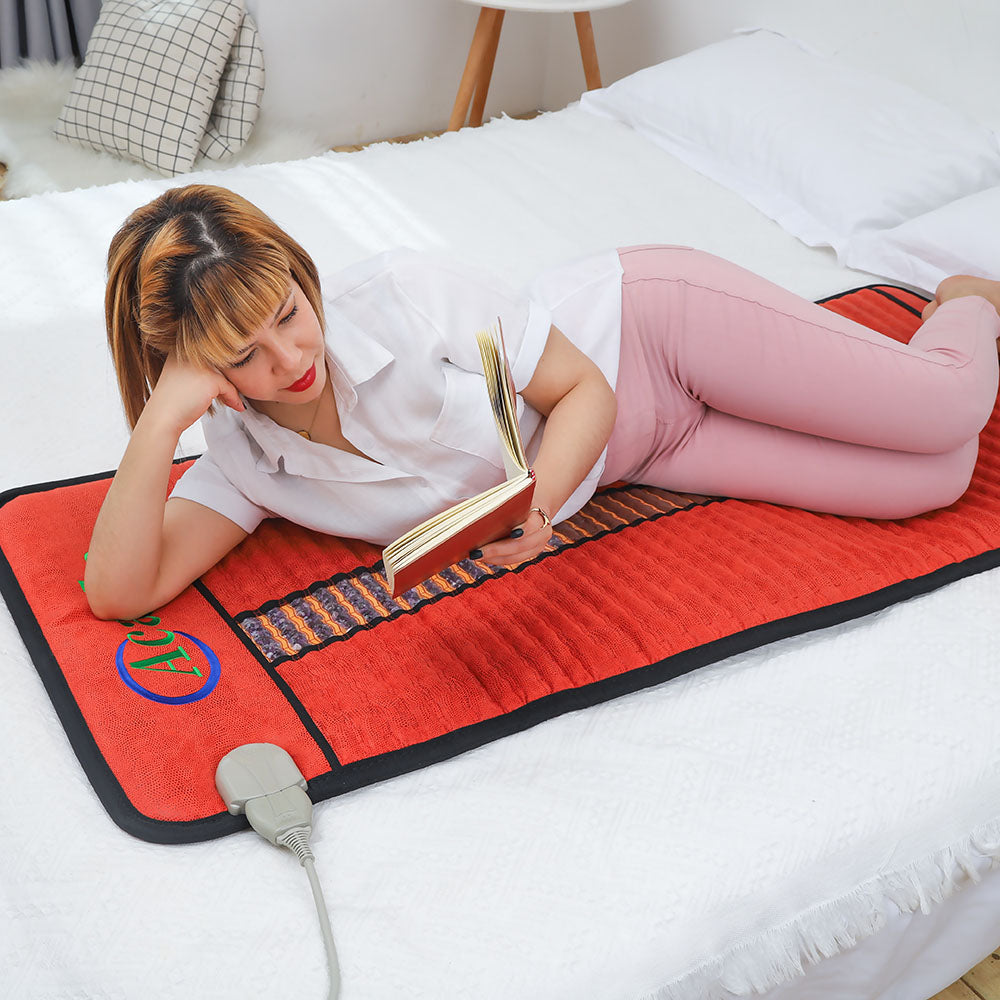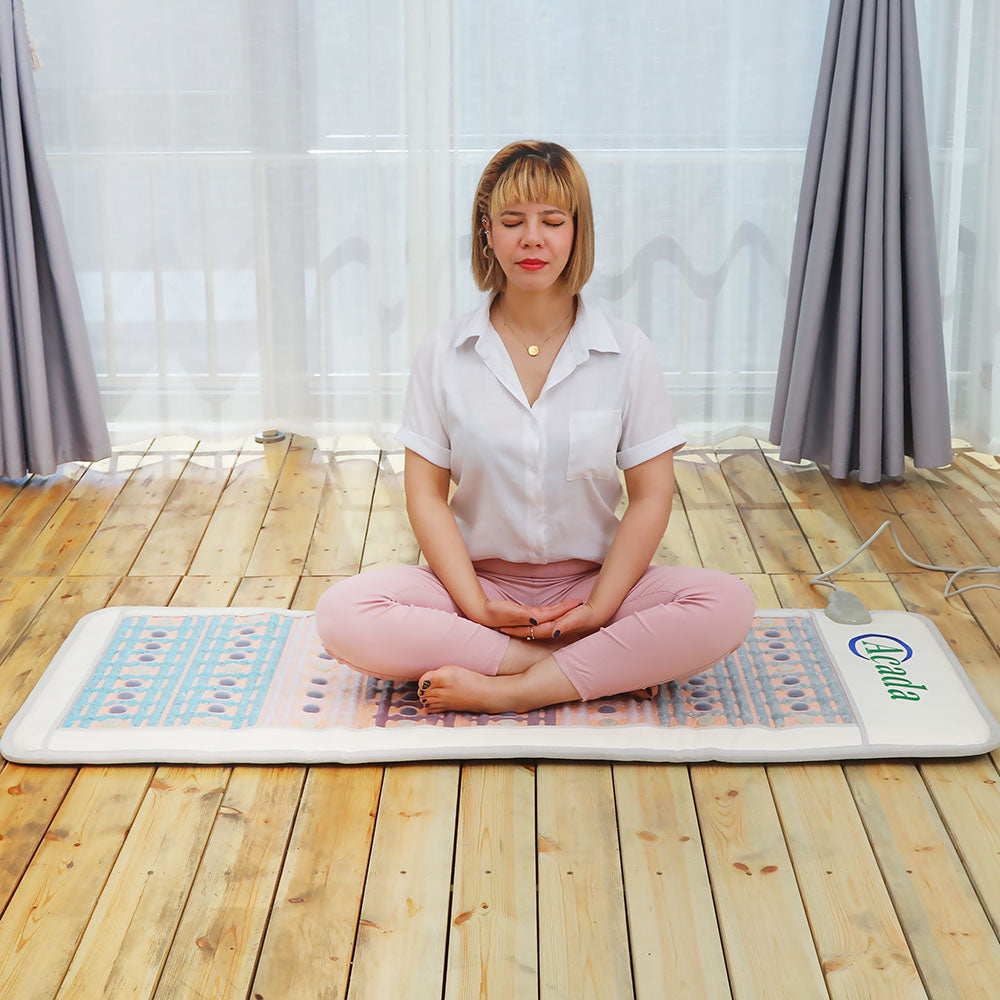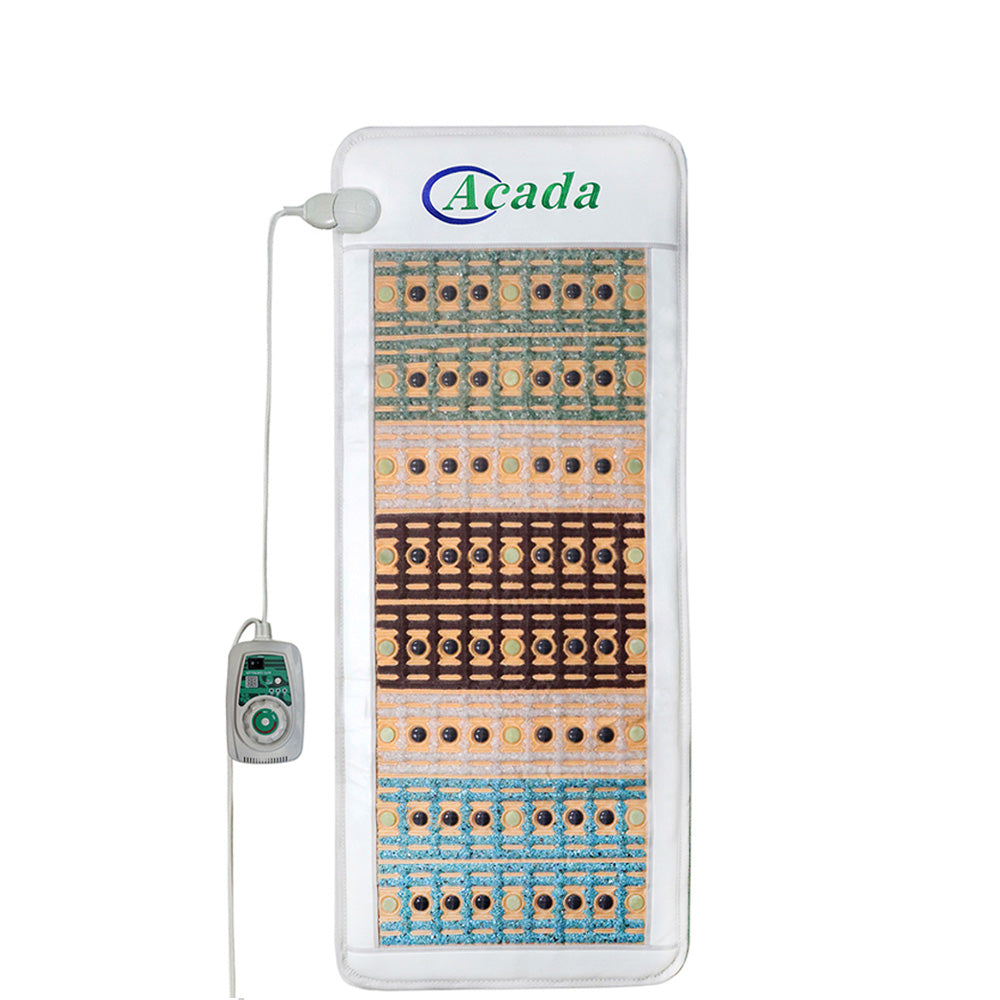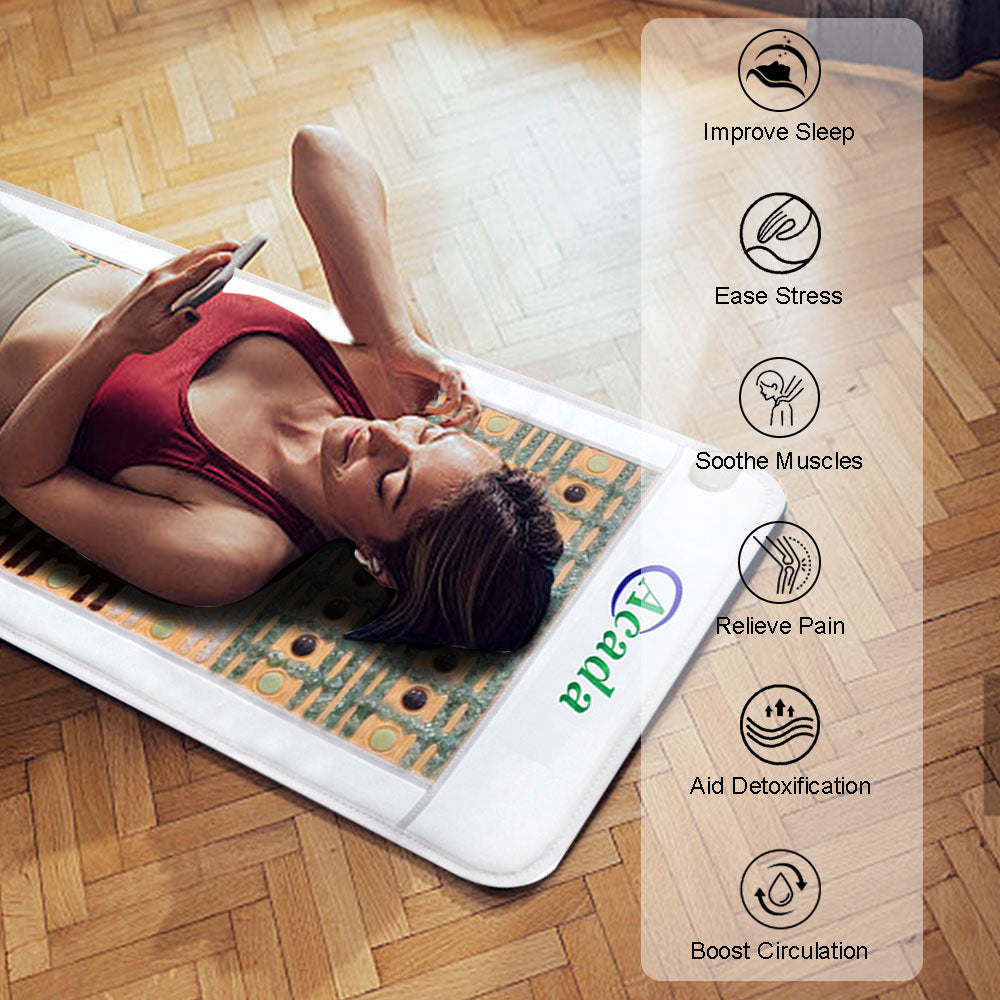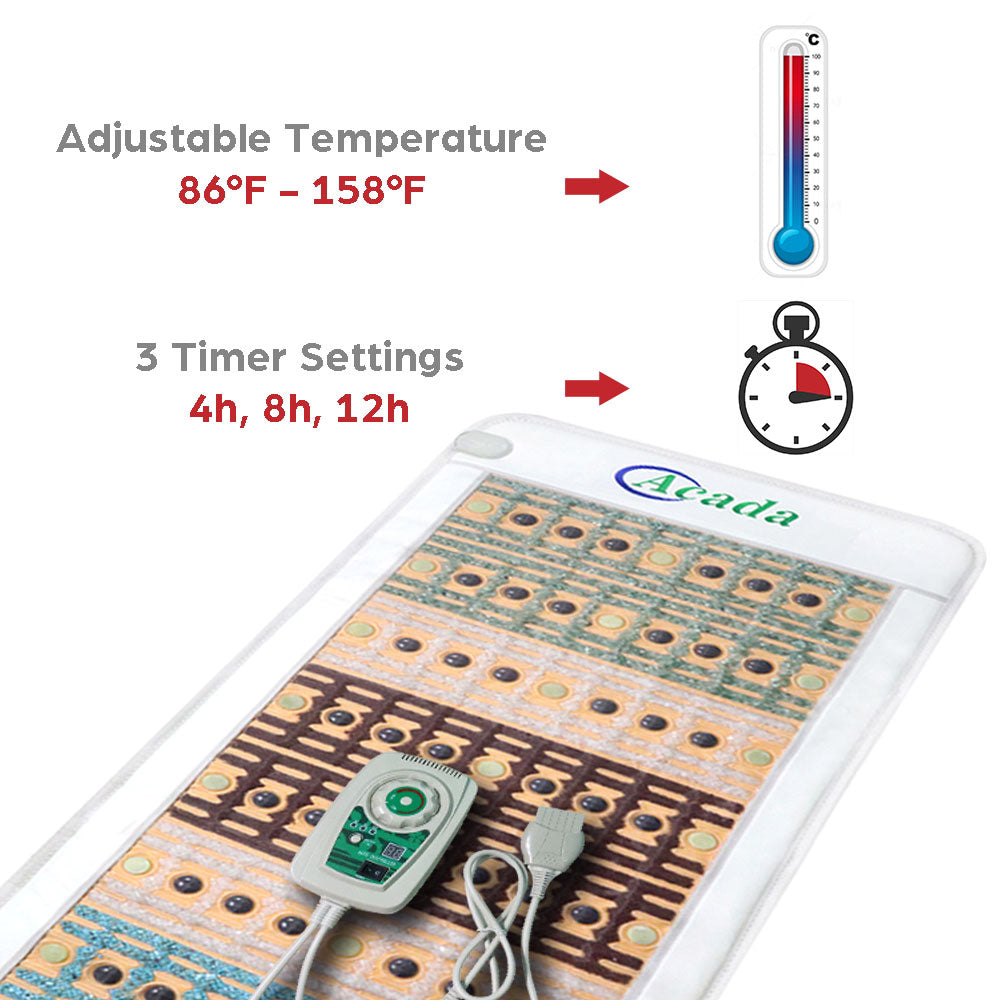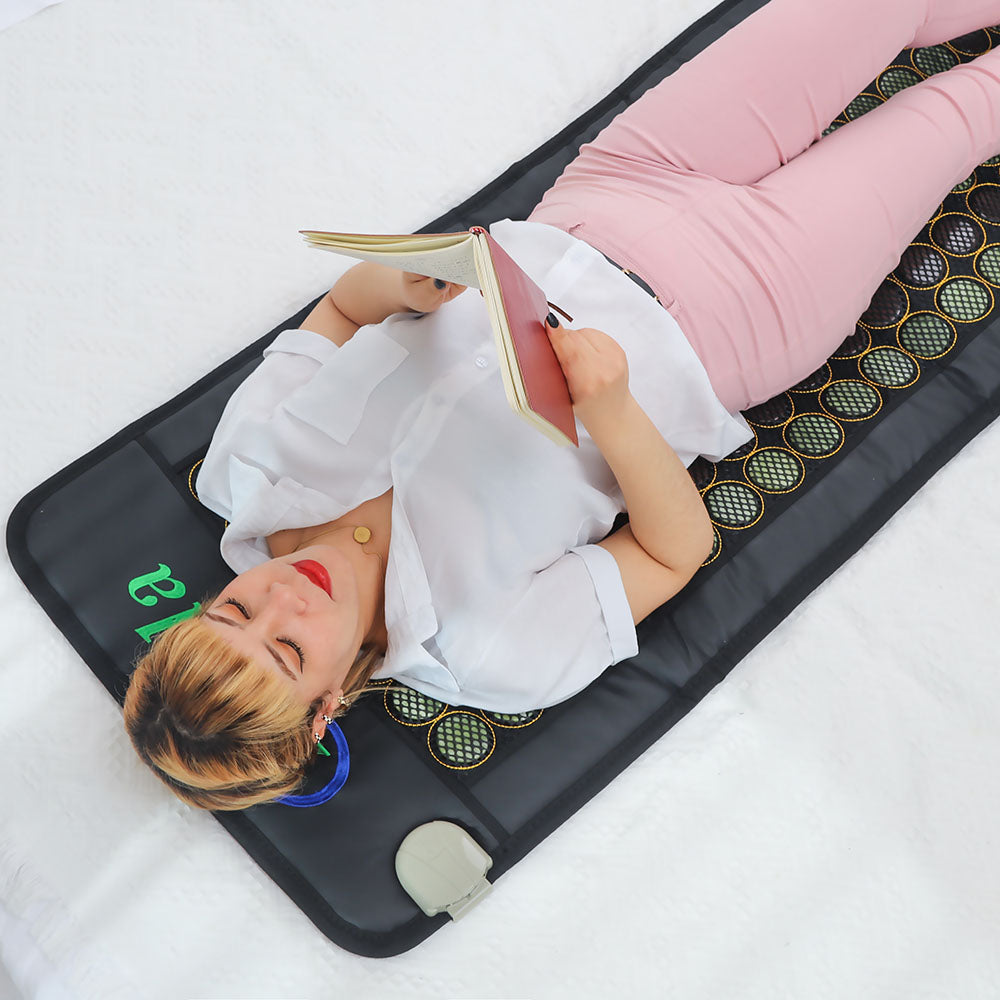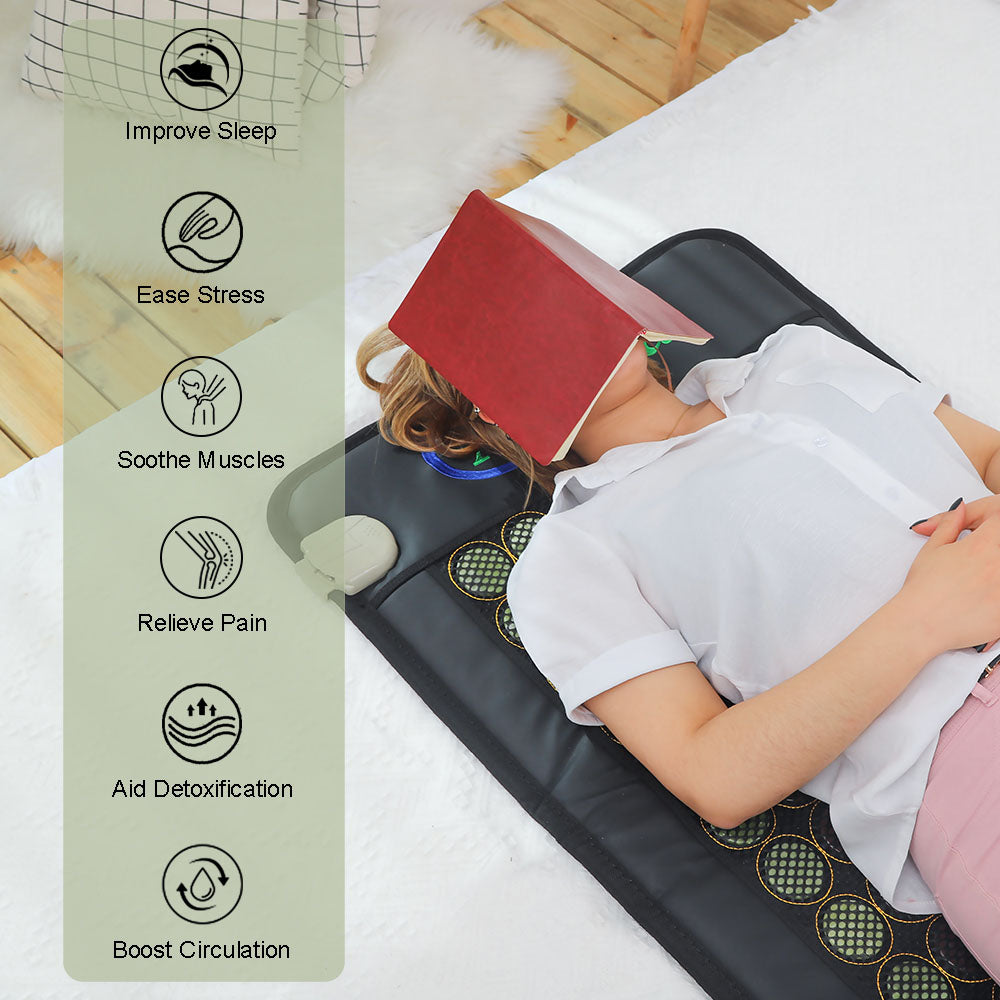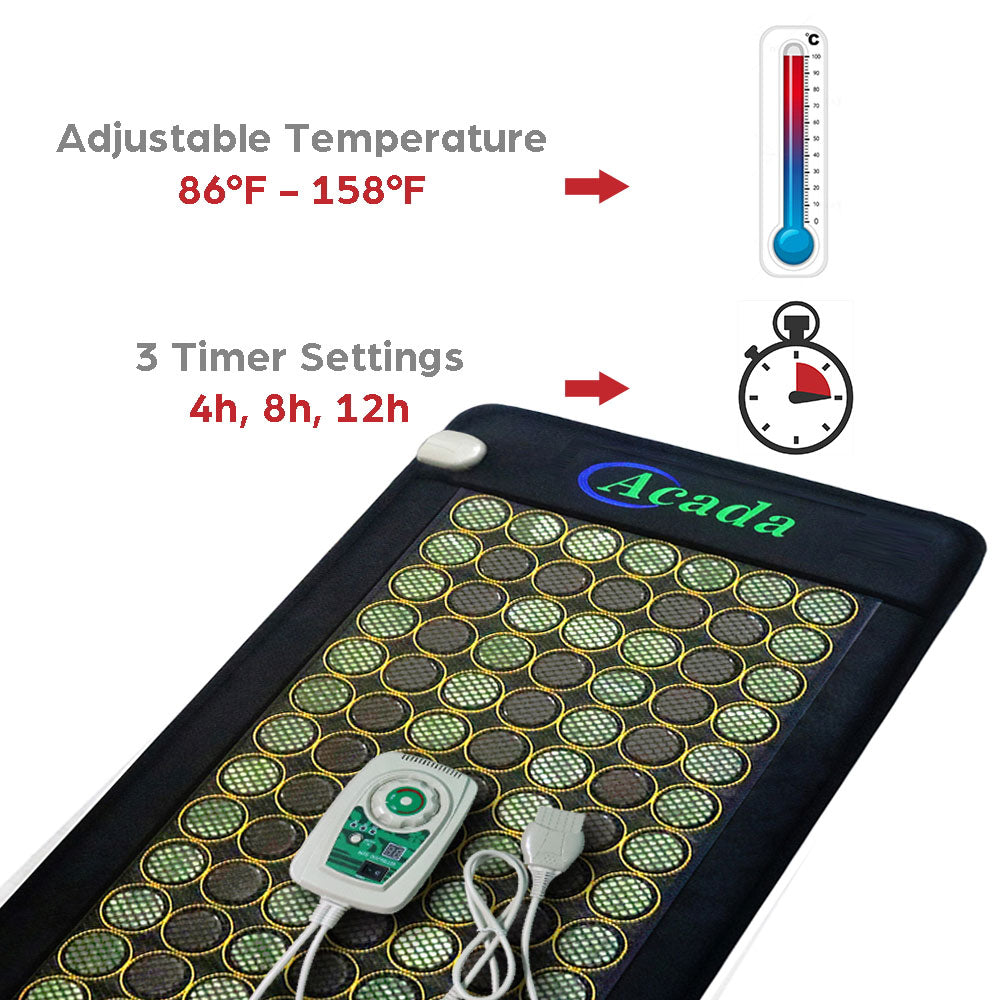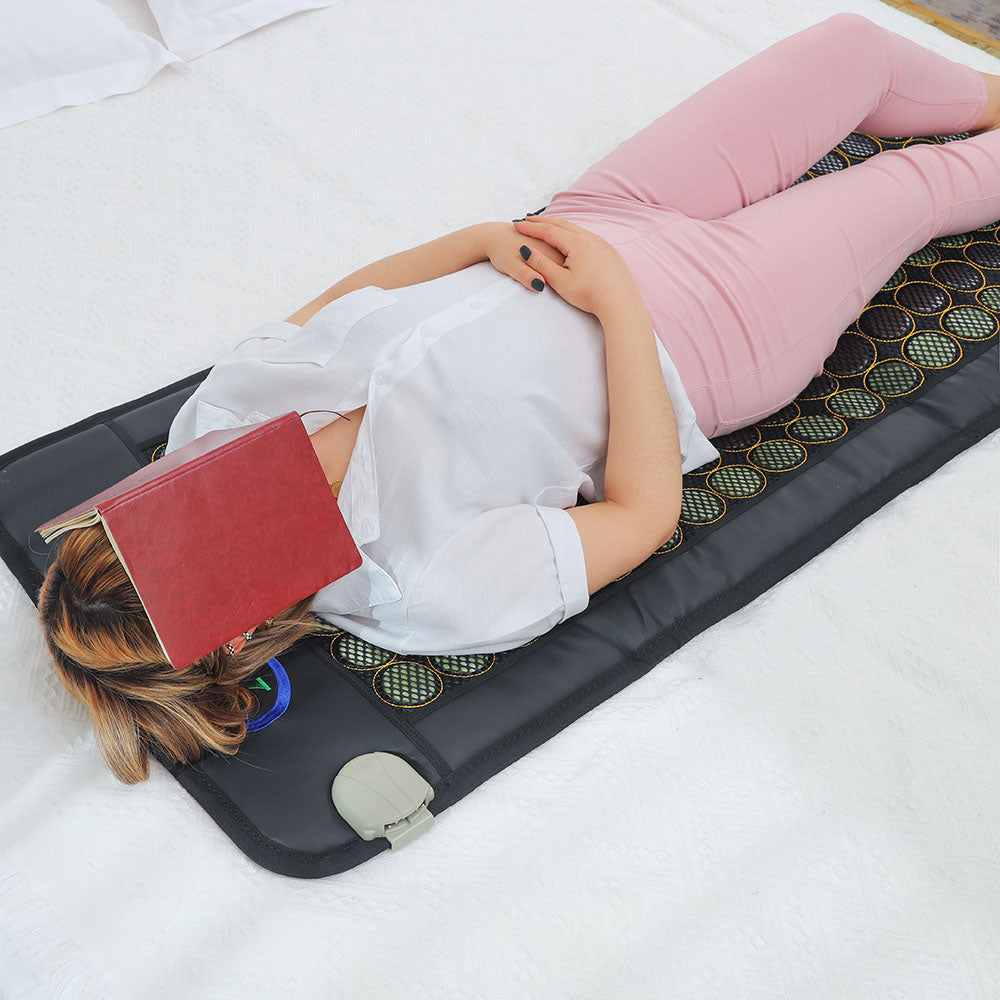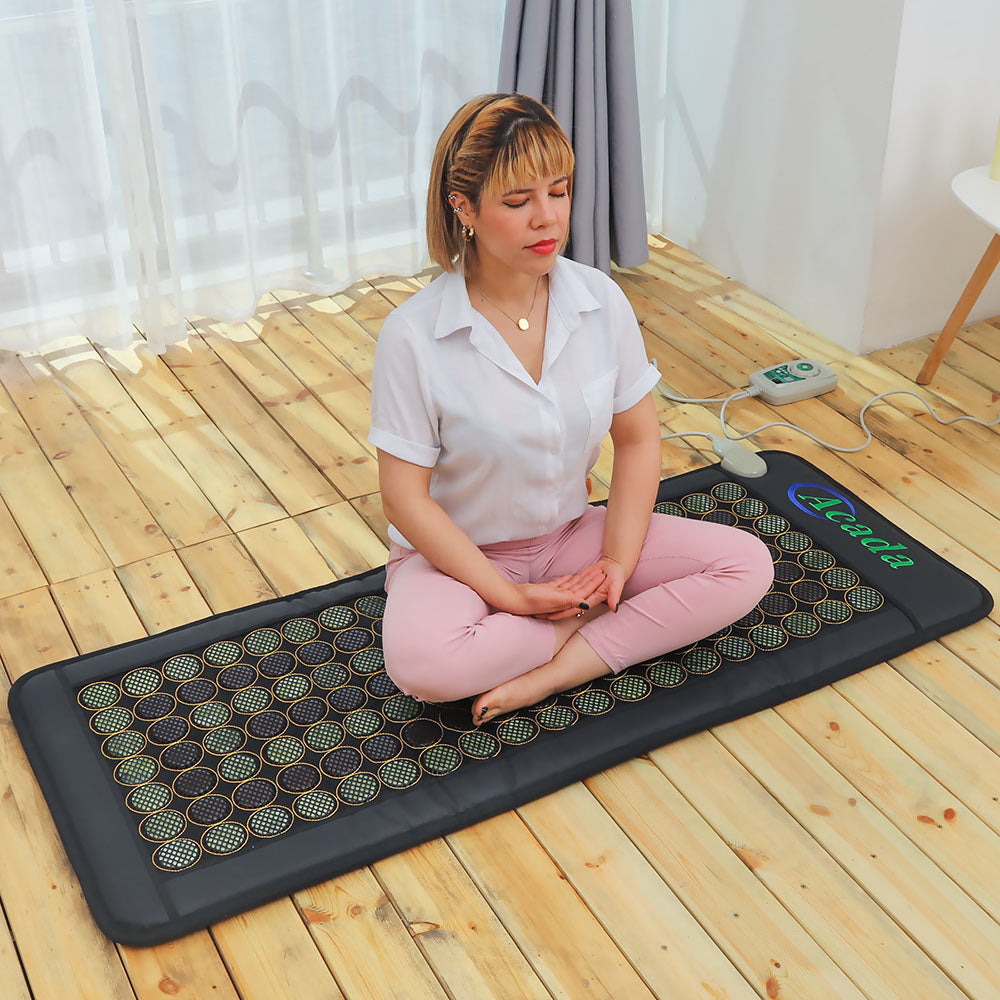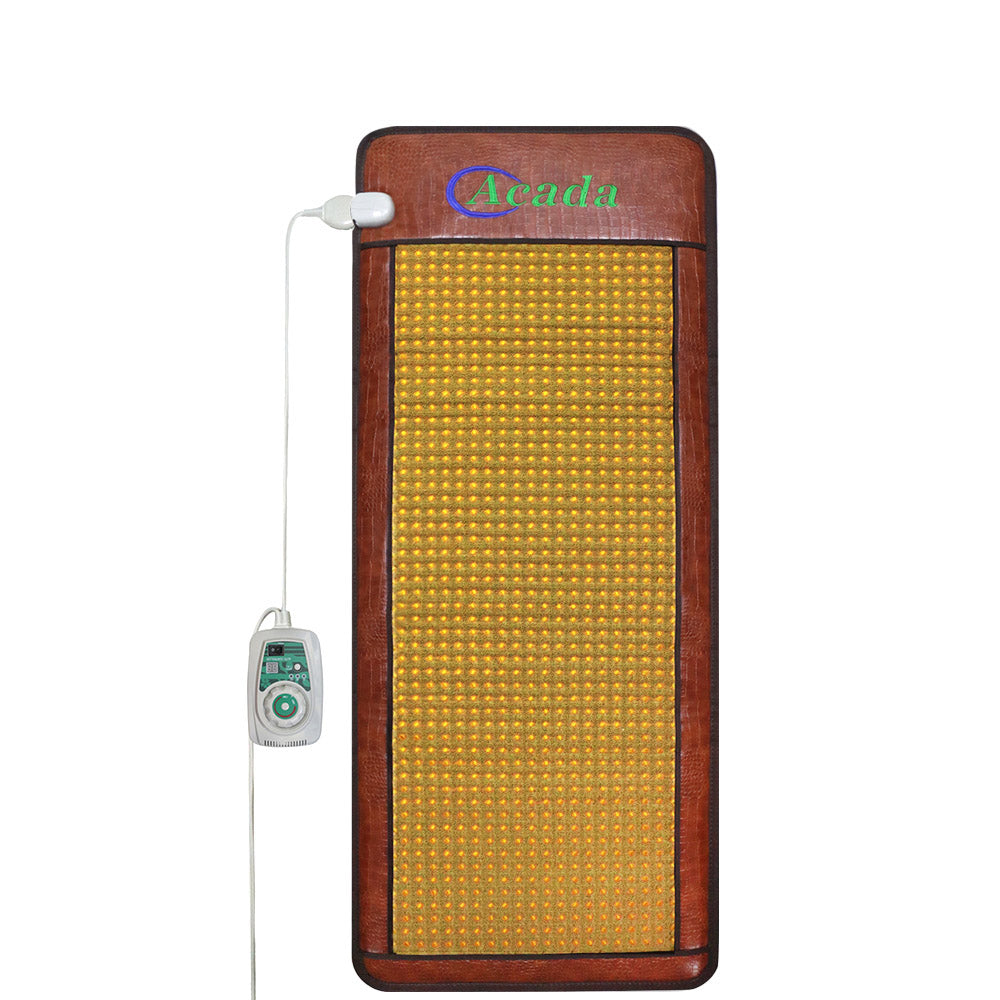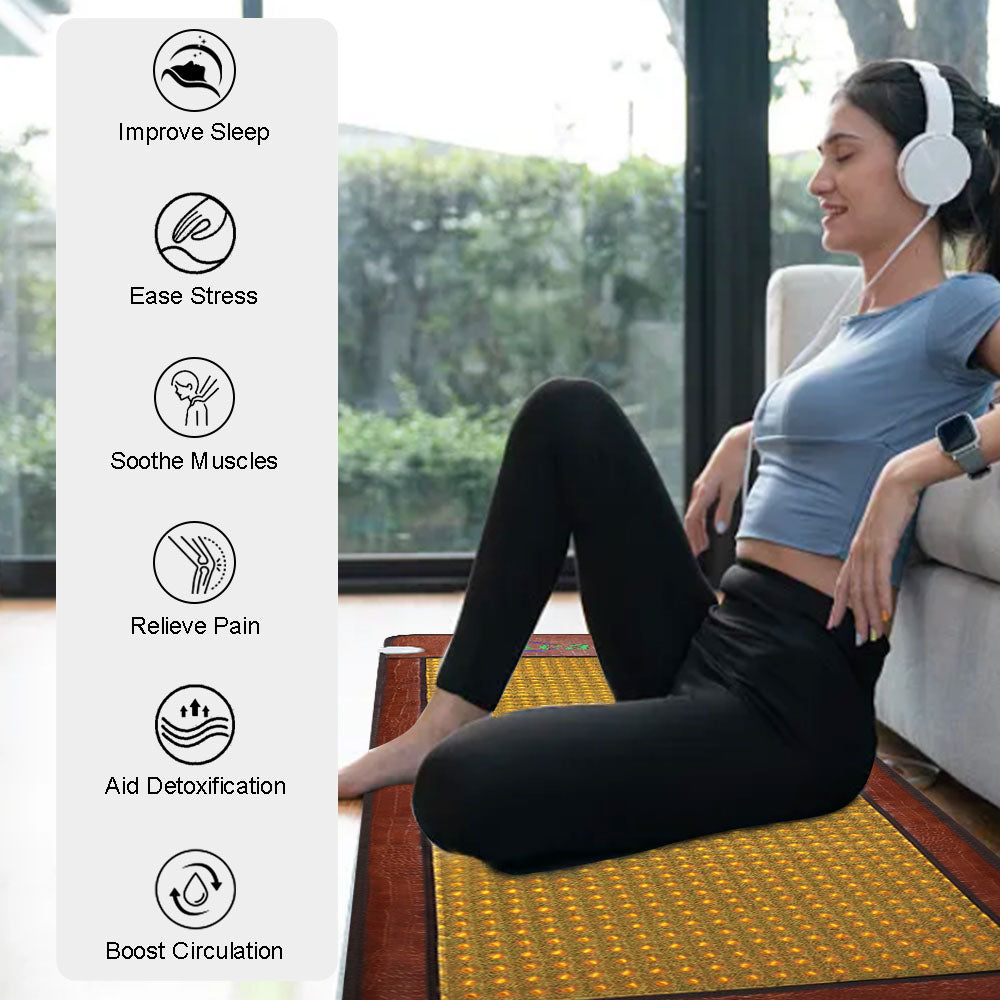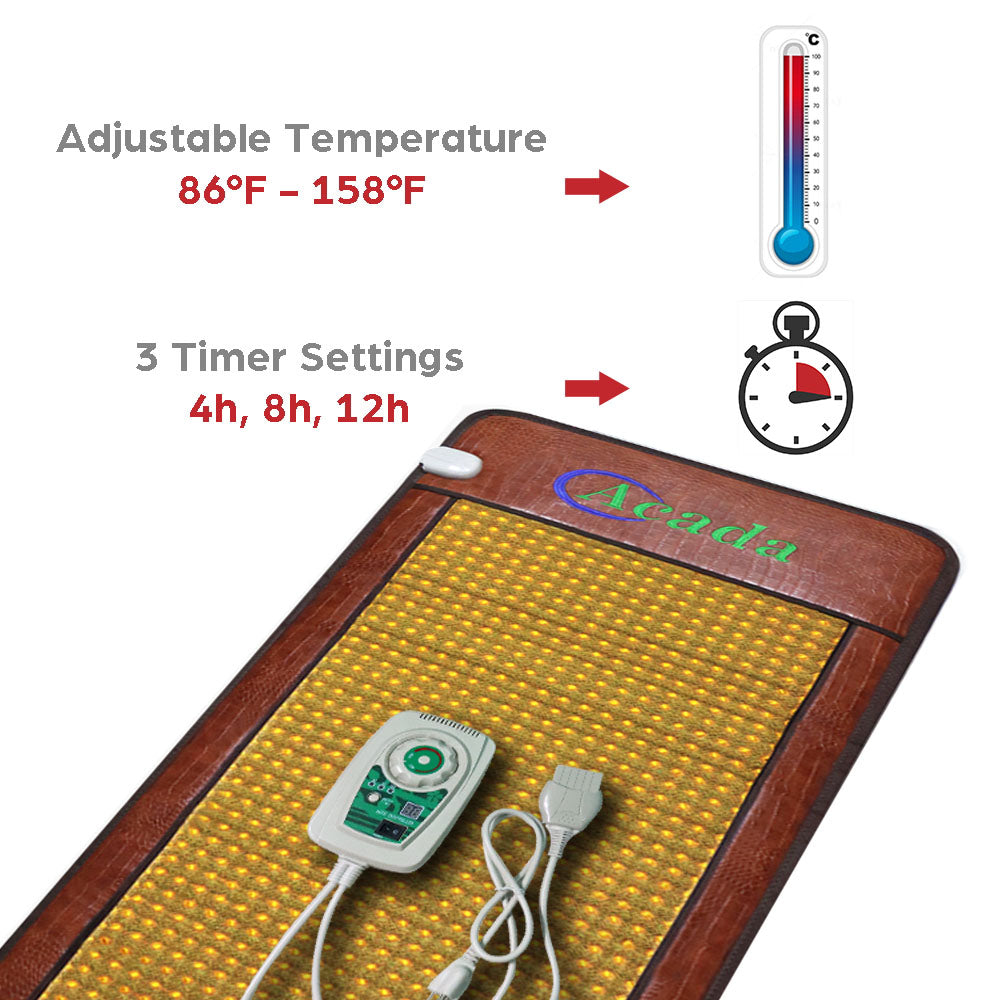In today's fast-paced world, self-care has become more than just a trend—it's a necessity. With the constant demands of work, family, and social obligations, it's easy to neglect our own needs. However, taking time to care for yourself is crucial for maintaining overall well-being.
Why Self-Care Matters
Self-care is the practice of taking an active role in protecting one's well-being and happiness, particularly during periods of stress. It involves recognizing your physical, emotional, and mental needs and making a conscious effort to fulfill them. Self-care is the power of individuals to prevent and treat diseases themselves, in the context of a safe and supportive enabling environment. It does not replace the health care system, but instead provides additional choices and options for health care.
How To Manage Self-Care
Available, accessible, affordable, acceptable and good quality self-care interventions are core components of promoting and protecting people’s right to health. Self-care interventions can improve the efficiency of health service delivery, access and coverage. Self-care means taking the time to do things that help you live well and improve both your physical health and mental health. This can help you manage stress, lower your risk of illness, and increase your energy. Even small acts of self-care in your daily life can have a big impact.
Get Physical Activity
Just 30 minutes of walking every day can boost your mood and improve your health.
Eat Healthy
Incorporate a variety of fruits, vegetables, lean proteins, and whole grains into your diet. A balanced diet and plenty of water can improve your energy and focus throughout the day
Guarantee a High Quality Sleep
Establish a bedtime routine that promotes restful sleep.
Try a Relaxing Activity
Many activities are relaxing and certain therapies can promote relaxation. It's essential to find the methods that are right for you. As you explore what relaxes you most, consider trying the following: meditation, muscle relaxation, or breathing exercises. Schedule regular times for these and other healthy activities you enjoy, such as listening to music, reading, spending time in nature, and engaging in low-stress hobbies. Far infrared therapy, yoga, and acupuncture have also been shown helpful against stress.

Set Clear Goals and Priorities
Identify tasks that are urgent and tackle them first, while allowing less critical ones to be postponed. Learn to say “no” to new commitments if your plate is already full. At the end of the day, take a moment to acknowledge your achievements, no matter how small.
Cultivate Gratitude
Each day, consciously focus on things you are thankful for. Be specific in your reflections, and either jot them down or mentally replay them.
Embrace Positivity
Recognize when negative thoughts arise and actively challenge them, replacing them with more constructive perspectives.
Maintain Connections
Reach out to loved ones who can offer emotional support and practical assistance when needed. Stay engaged with your support network.
When Should I Seek Professional Help
If you're experiencing persistent or troubling symptoms that last for two weeks or longer, it's important to seek professional help. Some signs to watch for include:
- Trouble sleeping
- Noticeable changes in appetite or unexpected weight fluctuations
- Struggling to get out of bed in the morning due to mood issues
- Difficulty concentrating on tasks
- Loss of interest in activities you normally enjoy
- Difficulty completing everyday tasks
- Feelings of irritability, frustration, or restlessness
Conclusion
Self-care is not a luxury—it's a crucial part of maintaining a healthy, balanced life. By taking time to care for yourself, you're investing in your long-term well-being. Remember, self-care is not one-size-fits-all, so find what works best for you and make it a priority in your life. Your mind, body, and spirit will thank you.
